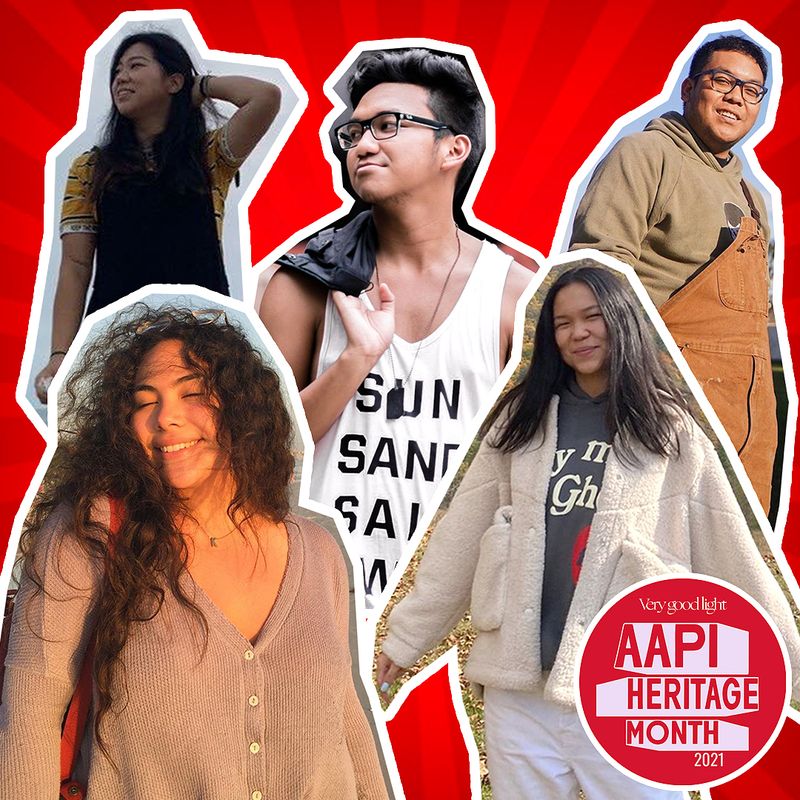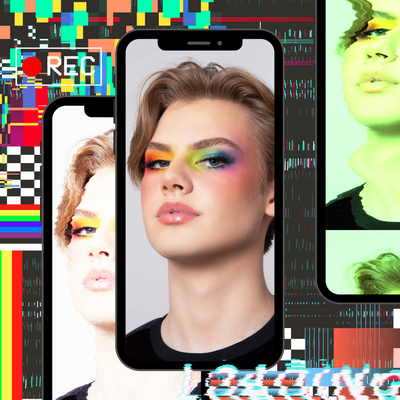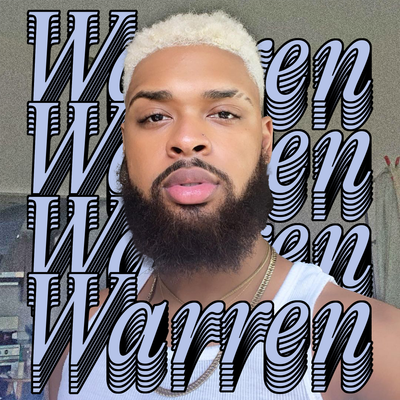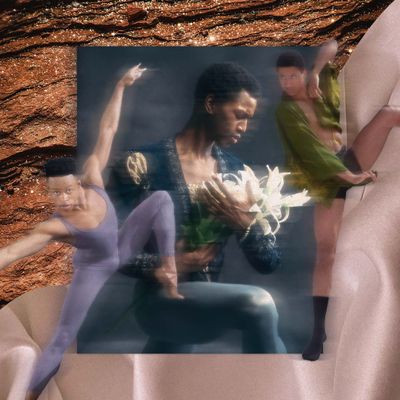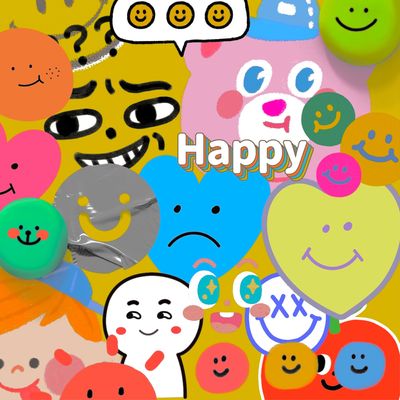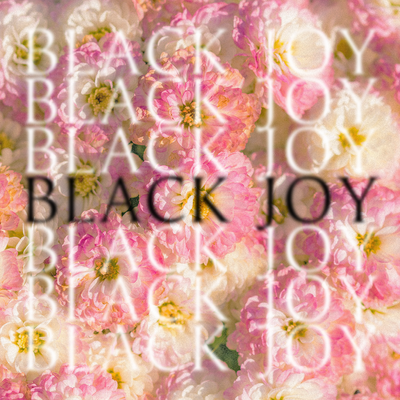#StopAsianHate has swept the internet into more activism.
Asian Americans have been victims of hate crimes against them solely based on their race due to people’s ignorance about COVID-19. This past year has already been a difficult one for Asian-owned businesses, but racism has added to that. Many Asians are rightfully fearful for their lives, as going on social media has turned into constant traumatizing stories of violence towards them.
SEE ALSO: Being Asian American means that you’ve always been enraged.
The #StopAsianHate movement has highlighted Asian Americans in a way that has unfortunately never happened before. Hearing about the crimes committed against Asian Americans is difficult for everyone, but certainly more difficult for anyone that’s lived it. Actress Olivia Munn went on the news to speak out against the hate crimes and bring awareness to others of the suffering that Asians experience in this country.
The model minority myth is also a big contributor to the silent suffering that Asians in this country have been facing for generations. This product of white supremacy has silenced Asians for far too long. Very Good Light spoke to a few Southeast Asian American Gen Zers on their own experiences with hyper-invisibility and their thoughts on #StopAsianHate.
Sharon, 21-years-old from Buena Park, CA
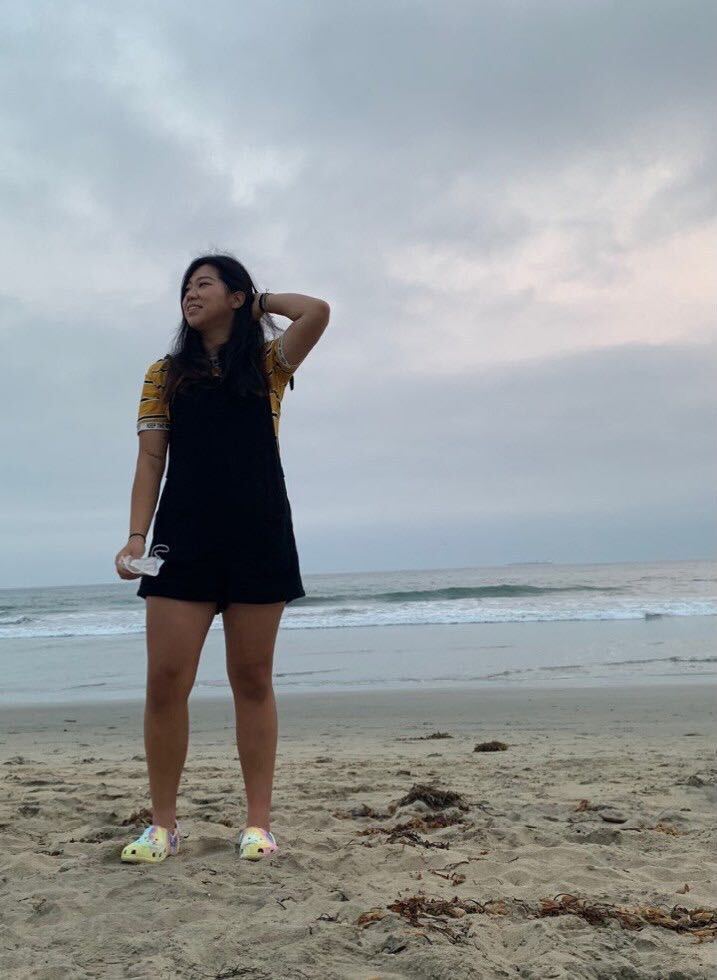
Growing up, I was used to the voices of Asian Americans being drowned. Now, I can say that I am proud of where we stand with our voices being heard. I see more Asian representation and support that I did not experience growing up. I just hope this continues so the next generation doesn’t have to face the same struggles as my generation did.
I faced many stereotypes and discriminations. At first, I didn’t take it too seriously because I believed every race struggled the same. But as soon as I graduated high school and went out to a bigger society, that was when I realized that I was being discriminated against and it was unfair with no excuses. Even when I was joining the military, most people questioned it because I’m Asian.
I first experienced a verbal assault because I am an Asian when I was enlisted. I was out with a few of my buddies when an elderly white man yelled across the street, “Go back to your country, you oriental slut.”
I was so confused at the time. I was fighting for my country, the United States, and regardless of my skin color and appearance, I am an American. That was when the rage hit me. Some people will never acknowledge the fact that I am an Asian American – just that I am Asian. Not every incident and case makes it to the news and media, but thinking about how this is how Asians are treated made me decide that it was time to speak up for us.
It’s a small step, but I am starting to embrace more of my Asian culture. I think the best thing I could do is educate more people that Asian cultures are more than just a trend.
Phreezy, 23-years-old from Los Angeles, CA
It’s one of the few times in this country where I’ve actually felt seen. As an Asian American immigrant who works in the entertainment/media industry, I grew up never seeing anyone in Hollywood that looked or sounded like me. Every Asian you saw on-screen always had an accent, and always played stereotypical roles (doctor, martial artist, tiger mom) which makes it hard for people to see us as just a regular person. Despite all the atrocities that have happened to our community recently, at least we’re finally being listened to as an American for once.
In many Asian households, we’re taught to never speak unless spoken to, keep our head down when someone is addressing us (out of respect), and never raise our voice because we “don’t want to cause any problems”. This, combined with the fact that we’re “statistically insignificant” (making up only 5.7% of the U.S. population), makes it easy for people to forget about us in this country. That’s why it’s imperative for me to speak up as often as I can and as loud as I can – it’s the only way to combat hyper-invisibility.
Kristin, 20-years-old from Gainesville, FL
It took a lit bit of awkwardness to truly accept the recognition. It’s a little different for me because I’m part Filipino and part white. But being a mixed Asian American is a very common thing these days, and I think many of us sort of come out of hiding. It’s a bummer that violence is what causes a light to shine on Asian American communities, but the spotlight, at least to me, is very appreciated. In and of itself, the AAPI community is very silenced, but some of this is because of the nature of the culture.
Growing up I was told not to complain, to move on, and not to start any drama. But to see other cultures and races come together to uplift and support the AAPI community is a great way to get around this timidness many of us grew up around. It’s great to finally be given a voice, but I hope this goes past a celebration month for not just Asian Americans but all races. We shouldn’t need an honorary month to recognize and highlight Asian American voices. We should continue to have our ears and minds open every day to all races and cultures.
Clint, 20-years-old from Gainesville, FL
It feels a little bittersweet to me. Obviously, it’s wonderful that people are finally speaking up against racism against Asian Americans, but it also feels as though it’s taken way too long for this rhetoric to become mainstream. We as an Asian American community have had to deal with these issues for decades. The Page Act of 1875, the Chinese Exclusion Act of 1882, the Japanese-American internment camps during World War II, the Watsonville riots in 1933, and so many other anti-Asian events in American history. These incidents have been known for years with no reparations to any of these communities.
Asian Americans have always been thrown into the shadows when looking at American history. Many of the first immigration acts of this country were made to exclude our people. My friends and I often had our names mixed up just because we all “looked the same.” This intentional erasure of our different cultures and the generalization of our people is harmful and has been for years. Lumping all of us underneath a single umbrella term of “Asian” is American imperialism at work, leaving the lot of us to feel invisible. So David is right, we are still enraged and feel invisible.
Kala, 20-years-old from New York City, NY
I feel like now because of the media spotlighting the rise in Asian hate crimes, Asians feel empowered to share their stories and use their voices. But it’s not just individual voices – I feel like it’s a collective movement. Through collective power, we each uplift each other and support one another. It’s unfortunate that it took horrible crimes to get us this to this point of visibility, but at least we’re here now. I think it’ll make the Asian community even more empowered to use their voices in the future.
To be honest, I was unsuccessful in overcoming the obstacles related to invisibility before this movement because I lacked collective group support. When I would share my experiences with peers or friends they often didn’t understand what I was going through or couldn’t relate to. Now I feel like because there are more of these stories coming out, especially in national news stations, there is a greater understanding in the American conscious.
It’s upsetting because I’ve always grown up keeping my head down and not drawing attention to myself. And after a while of doing this, I’ve found I’m dealing with the effects and the trauma it’s placed on my mental health. And when I would try and speak up, there were crazy boundaries to get someone to listen to my experience. You know, it can be crippling to feel like you can’t share your experience or that you’re crazy for thinking your opinion matters. For a while, that’s how it felt.

